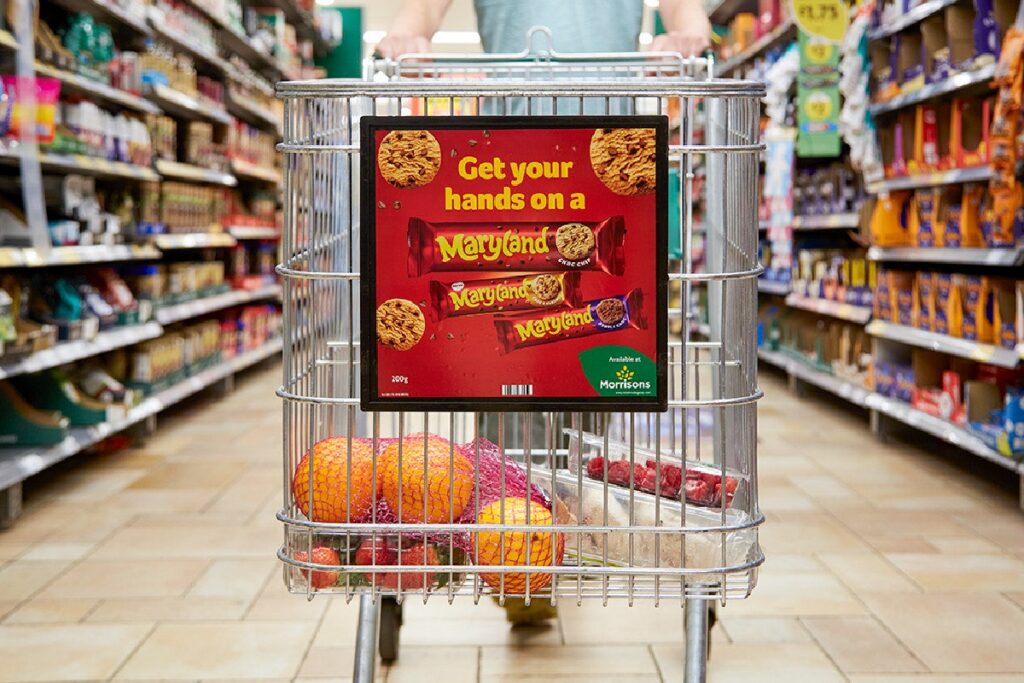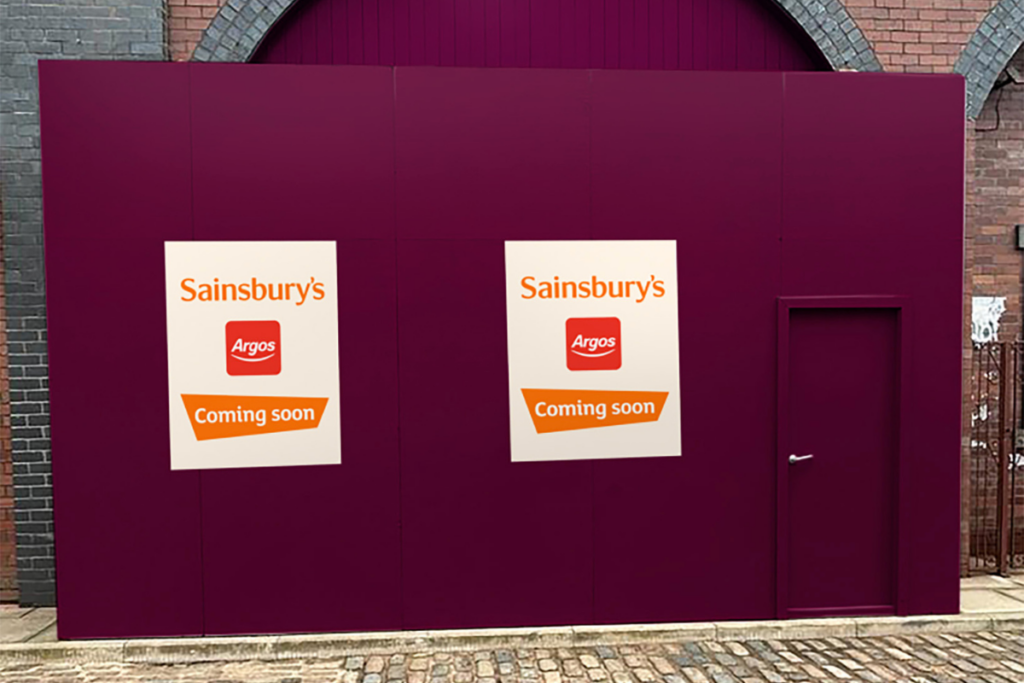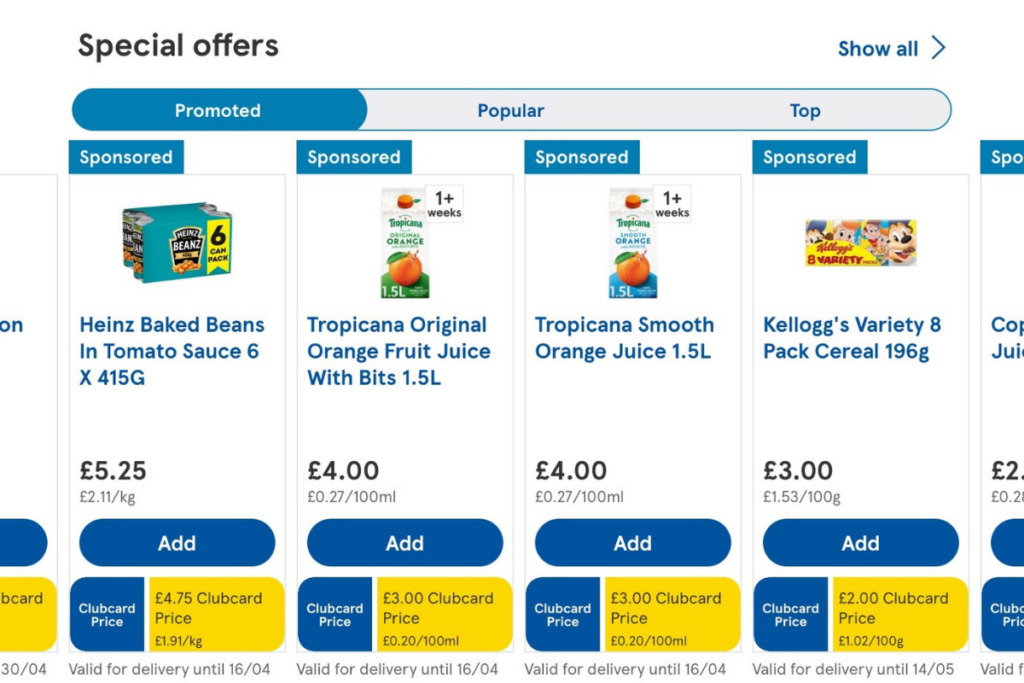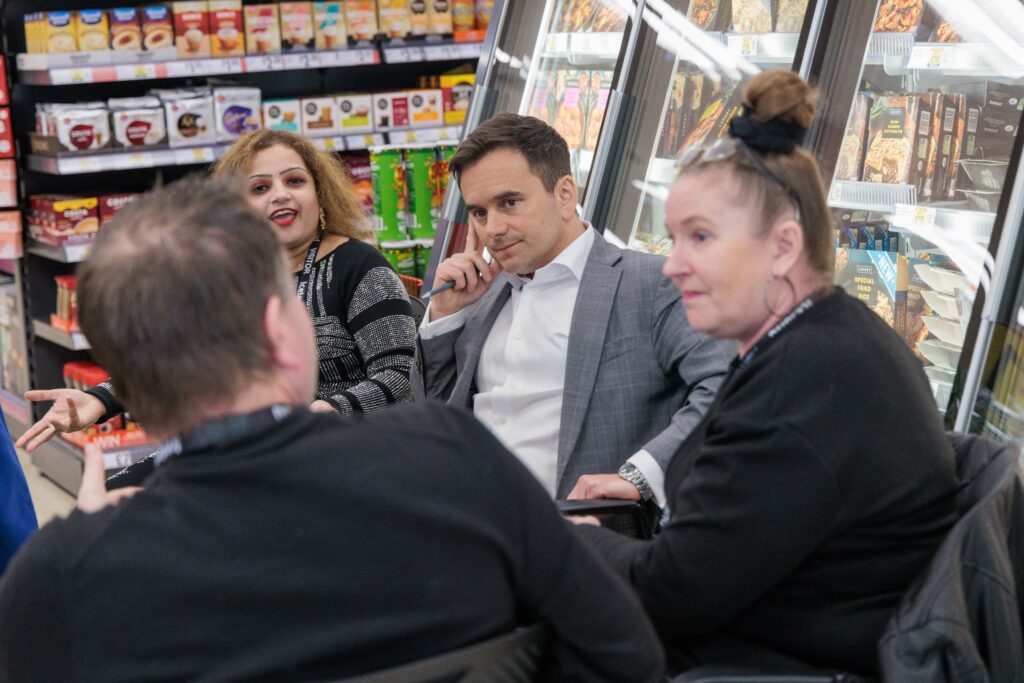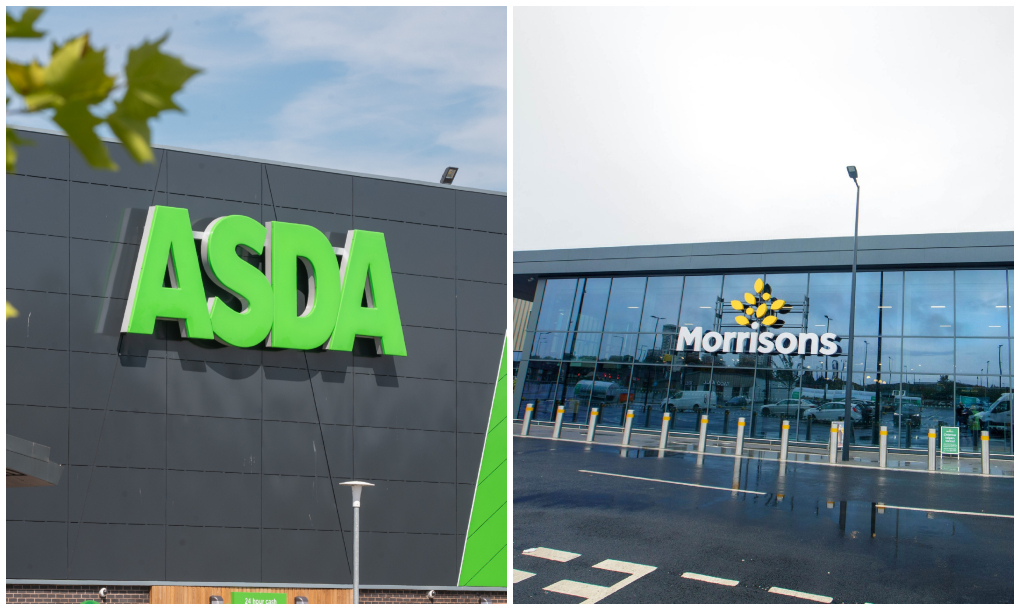Covid-19 has brought unprecedented demand for supermarket chains, particularly creating a transformational effect in how Brits buy and consume food.
Grocers have dealt with stockpiling from panic buyers since the beginning of the pandemic – this was witnessed over a three-day period in mid-March last year.
As a result of the pandemic, grocers have seen consumers eat more at home due to changing food habits. For example, Big 4 grocer Sainsbury’s recently saw its sales rise in the three months to June 26, as Brits stayed home to eat rather than head to restaurants and cafes.
Moreover, Brits have been shopping more online, with grocers also witnessing first-time online shoppers.
If any sector has experienced a form of success during the pandemic, it has undoubtedly been the grocery sector. Supermarkets have had to adapt and change more in the last year than at any other time in the last decade.

However, as Covid-19 restrictions eased further over summer, the number of shoppers buying groceries online fell for the first time ever.
Online orders fell 81,000 in July compared with the same four weeks a year ago and digital baskets shrank eight per cent to £80 a shop – the lowest level since February last year, according to Kantar.
More recently, Kantar found that grocery sales tumbled by four per cent in the 12 weeks to August 8, as shoppers continued to steadily return to pre-pandemic habits.
“Grocers have innovated and adapted their online product offering to meet the enormous demand that resulted from the pandemic,” said Ellie Murphy, Scotland chair at the Chartered Institute of Marketing (CIM).
“That spiralling demand seems to have peaked in recent months as restrictions have eased.
“Online grocer sales dropped 2.6 per cent for the first time in July. While the pandemic was undoubtedly responsible for this initial peak, the general feeling is that the innovation and creativity shown by the supermarkets won’t go to waste.
“Offering same-day delivery and no minimum spend in some cases meant that instead of the big weekly shop, the online offer became more convenient.
“With this convenience model in mind and the adoption by a younger, tech-led generation, many new store openings that offered online sales tended to be positioned in city centres or near universities where this service’s core target market is based.”

Customers now expect online grocery orders in a matter of minutes – rather than wait 24 or 48 hours. Murphy said many retailers are now offering same-day or, at least, next day delivery.
“While some have removed minimum spend levels, the majority have retained a minimum spend and a delivery charge for speedy same-day delivery,” she said.
“Some traditional retailers like Tesco and online disruptors, such as Amazon Fresh, have created a subscription model to guarantee the next day delivery slot you want.
“Just like Amazon Prime, there is a monthly fee that will provide a good customer experience and offer brands another opportunity to enhance brand loyalty.”
In the last year, small basket shopping and super speedy delivery was in its infancy, but retailers are now seeing different ways to get items to customers faster and more frequently.
Currently, Asda offers one hour delivery with a full range of products, Sainsbury’s offers ChopChop, a 60-minute delivery, as well as partnerships with Deliveroo and UberEats, Morrisons have an Amazon partnership, and Tesco has Whoosh, a one-hour delivery service.
These offerings, all of which didn’t exist a year ago, evidently show how adaptable grocers have become. These changes also prove how consumers are continuing to adapt in how they interact with these stores, alongside how they rely on them to fulfil specific needs.
Some of the pros to the shift in grocery shopping during the pandemic include the speed of delivery offered by retailers, and reducing domestic travel leading to an environmental benefit. But some apparent cons include the costs of next day deliveries as well as stock issues amid stockpiling and panic-buying.
Matt Slade, retail director at investment firm Quintain, told Retail Gazette that grocery stores have always been a vital aspect of what makes not only a neighbourhood, but a retail destination.
“Grocers have innovated and adapted their online product offering to meet enormous demand”
“These essential retailers, on which we all relied so heavily during lockdown, help strengthen communities,” he said.
“From a landlord’s perspective, this robust and resilient sector is a safe bet through normality, pandemics, or any future economic cycles.
“This isn’t just the case for somewhere like Wembley Park, where the thousands of people who call this neighbourhood home need somewhere to fill the fridge, but all retail districts.
“Convenience stores provide a steady stream of footfall while also providing convenient purchases for customers while they’re shopping or dining out.
“Convenience stores, then, are equally as important for the people who live here, the office workers who spend their working lives here, those shopping with us and those visiting.
“Many of us will be spending more time at home from now on than we did before the pandemic – and that means the demand on these vital services will continue.
“What will be particularly interesting is seeing how these retailers adapt to the changes in consumer behaviour, especially those brought about by technology.
“From the perspective of a destination like Wembley Park, given we have created a 15-minute neighbourhood where residents and visitors alike can find everything they could want or need within a short walk, it means a range of options is vital, to cater to all tastes and the way we shop.
“The pandemic has changed the way we shop for conveniences. While many more of us are doing our ‘big’ shop online, many still make a weekly pilgrimage to a major supermarket.
“The quick sandwich or topping-up our sugar supplies will always be a quick, easy and valuable experience.”
Click here to sign up to Retail Gazette’s free daily email newsletter







